The Complex Art of Hiding in Plain Sight
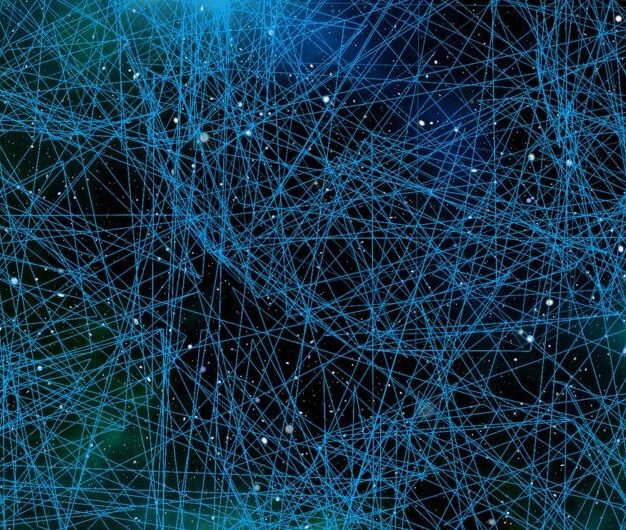
Understanding Masking in Neurodivergent Individuals
Masking, also known as camouflaging, is a common phenomenon among neurodivergent individuals, particularly those with multiple co-occurring conditions. It refers to the conscious or unconscious suppression of natural behaviors and the adoption of neurotypical social norms to fit in. While masking can be a survival strategy in a world not designed for neurodivergent minds, it often comes at a significant personal cost.
The Complexity of Masking Across Conditions
Masking can manifest differently depending on an individual’s specific neurological profile:
- Autism: Mimicking social behaviors, suppressing stimming, forcing eye contact
- ADHD: Overcompensating for inattention, hiding fidgeting, excessive preparation to appear organized
- Anxiety: Appearing calm and collected while internally distressed
- Depression: Putting on a “happy face” to meet social expectations
- OCD: Hiding compulsions or intrusive thoughts to appear “normal”
For individuals with multiple conditions, masking becomes an intricate balancing act, often requiring immense mental and emotional energy.
The Impact of Masking on Diagnosis and Treatment
Masking can significantly complicate the diagnostic process:
- Late or missed diagnoses, particularly in women and marginalized groups
- Incomplete understanding of an individual’s true challenges and needs
- Difficulty in accessing appropriate support and accommodations
This is especially true for individuals with co-occurring conditions, as masking may hide certain symptoms while emphasizing others, leading to partial or incorrect diagnoses.
The Personal Cost of Long-Term Masking
Chronic masking can have severe consequences on an individual’s well-being:
- Exhaustion and burnout
- Loss of sense of self
- Increased anxiety and depression
- Delayed personal development
- Difficulties in forming authentic relationships
For those with multiple neurodevelopmental differences, these effects can be compounded, as they’re often masking multiple aspects of their identity simultaneously.
Unmasking: The Journey to Authenticity
Unmasking is the process of gradually reducing camouflaging behaviors and embracing one’s authentic neurodivergent self. This journey can be challenging but ultimately rewarding. Steps might include:
- Self-awareness: Recognizing masking behaviors and their triggers
- Self-acceptance: Embracing neurodivergent traits as valid and valuable
- Selective unmasking: Practicing authenticity in safe environments
- Boundary setting: Learning to communicate needs and limits
- Community connection: Finding support among other neurodivergent individuals
Therapeutic Approaches to Support Unmasking
Several therapeutic approaches can be beneficial in supporting the unmasking process:
- Somatic Experiencing (SE): This body-oriented approach can help individuals reconnect with their authentic selves by increasing awareness of physical sensations and emotions that may have been suppressed through masking.
- Brainspotting: This therapy can be effective in processing the emotional impact of long-term masking and building neural pathways associated with authentic self-expression.
- Mindfulness-Based Stress Reduction (MBSR): Adapted mindfulness practices can help individuals become more aware of their natural tendencies and reduce the automatic urge to mask.
- qEEG Brain Mapping: This tool can provide insights into the neurological patterns associated with masking and authenticity, potentially guiding personalized interventions to support unmasking.
Creating Mask-Free Spaces
To support neurodivergent individuals in living authentically, we need to create environments that accept and celebrate neurodiversity:
- Education systems that accommodate diverse learning and communication styles
- Workplaces that value different cognitive approaches and provide necessary accommodations
- Healthcare systems trained in recognizing and supporting unmasked neurodivergent presentations
- Social spaces that embrace neurodiversity and discourage pressure to conform
The Strength in Authenticity
While unmasking can be challenging, embracing one’s authentic neurodivergent self can lead to:
- Improved self-esteem and sense of identity
- More genuine relationships
- Reduced stress and anxiety
- Increased creativity and problem-solving abilities
- Better access to appropriate support and accommodations
For individuals with multiple co-occurring conditions, unmasking can allow for a more integrated and holistic approach to self-care and personal growth.
Conclusion: Embracing the Whole Self
Masking is a complex issue in the neurodivergent community, particularly for those navigating multiple conditions. While it can serve as a short-term coping strategy, long-term masking often comes at a high personal cost. By understanding masking, supporting unmasking processes, and creating accepting environments, we can move towards a society that truly embraces neurodiversity in all its forms.
Remember, your authentic self is valuable and worthy of acceptance. The journey to unmasking may be challenging, but it’s a path towards living a more genuine, fulfilling life. Whether you’re personally experiencing masking or supporting someone who is, know that every step towards authenticity is a step towards a more inclusive, diverse world.
Resources to ADHD Comorbid with Other Disorders
Taproot Therapy Collective (Birmingham, AL)
- Treatments: Brainspotting, EMDR, Somatic Experiencing, Lifespan Integration, Parts-Based Therapy, Trauma Mapping.
- Specialties: Specializes in trauma therapy, PTSD, anxiety, panic, and dissociative disorders. Their therapists use integrative methods to help clients heal from trauma at a deep, somatic level.
- Website: gettherapybirmingham.com
1. Crisis Center Birmingham (24/7 Crisis Line)
- Phone: (205) 323-7777
Provides immediate support for individuals in emotional distress, including suicide prevention, trauma, and mental health crises. - Website: crisiscenterbham.org
2. Rape Response Line (Crisis Center Birmingham)
- Phone: (205) 323-7273
Dedicated to providing support for survivors of sexual assault, available 24/7. - Website: crisiscenterbham.org/rape-response
3. Teen Link (Crisis Center Birmingham)
- Phone: (205) 328-5465
Teen-specific support line for youth in emotional or mental distress. - Website: crisiscenterbham.org
4. National Suicide Prevention Lifeline (Serving Alabama)
- Phone: 988
A national 24/7 suicide prevention hotline accessible to individuals in Birmingham and the rest of Alabama. - Website: 988lifeline.org
5. UAB Psychiatry Emergency Services
- Phone: (205) 934-7008
Provides immediate psychiatric evaluation and crisis intervention at the University of Alabama at Birmingham Hospital. - Website: uabmedicine.org
6. Alabama Domestic Violence Hotline
- Phone: 1-800-650-6522
24/7 support for individuals experiencing domestic violence, available statewide, including Birmingham. - Website: acadv.org
7. Birmingham AIDS Outreach Crisis Line
- Phone: (205) 322-4197
Provides crisis support for individuals affected by HIV/AIDS, including mental health services and support for LGBTQ+ communities. - Website: birminghamaidsoutreach.org
8. Alabama 2-1-1 Call Center
- Phone: 2-1-1
A statewide information and referral line connecting individuals to crisis support services for housing, food, mental health, and substance abuse issues. - Website: 211connectsalabama.org
9. Jefferson County Family Resource Center Crisis Line
- Phone: (205) 945-6000
Provides crisis intervention, including family support, domestic violence resources, and mental health services. - Website: jcfrc.org
10. Veterans Crisis Line (Serving Birmingham)
- Phone: 988 (Press 1)
A specialized crisis line for veterans experiencing emotional distress, available nationwide and locally. - Website: veteranscrisisline.net
- Phone: (205) 323-7777
LGBTQ+ and Poly-Friendly Support
Magic City Acceptance Center (MCAC)
LGBTQ+ youth programs, adult support groups, and community events in Birmingham.
Website: mcacbham.org
Birmingham LGBTQ+ Circle of Healing
Support groups for LGBTQ+ individuals focusing on mental health and holistic wellness.
Contact through Magic City Acceptance Center.
Inclusive Therapists
Directory of therapists in Birmingham and Hoover specializing in LGBTQ+ and poly-friendly care.
Website: inclusivetherapists.com
PFLAG Birmingham
LGBTQ+ support groups for families and friends of LGBTQ+ individuals, offering mental health and advocacy resources.
Website: pflaga.org/birmingham
Steel City Spectrum
Provides support and resources for the transgender and gender-nonconforming communities in Birmingham.
Website: steelcityspectrum.org
Free & Low-Cost Therapy and Counseling
Impact Family Counseling (Birmingham, AL)
Provides sliding-scale counseling services for trauma, anxiety, depression, and family therapy.
Website: impactal.org
Firehouse Shelter (Birmingham, AL)
Offers mental health services and crisis support for homeless individuals in the Birmingham area.
Website: firehouseshelter.com
Pathways Birmingham
Women’s shelter offering mental health and trauma support for homeless women and children.
Website: pathwayshome.org
United Way of Central Alabama
Offers access to free or low-cost mental health counseling and crisis intervention through partnerships.
Website: uwca.org
BridgeWays Alabama
Offers family and youth counseling, including trauma recovery, on a sliding fee scale.
Website: bridgewaysalabama.org
Holistic & Alternative Therapy Centers
Taproot Therapy Collective (Birmingham, AL)
Offers holistic mental health services like Brainspotting, EMDR, and somatic trauma therapies.
Website: gettherapybirmingham.com
Birmingham Wellness Institute
Focuses on alternative healing practices such as yoga therapy, mindfulness, and EMDR.
Website: bhamwellness.com
Sojourn Counseling (Hoover, AL)
Provides integrative counseling with a focus on EMDR, trauma work, and mindfulness.
Website: sojourncounseling.com
Red Mountain Therapeutics (Birmingham, AL)
Offers somatic therapies, acupuncture, and integrative emotional healing for trauma recovery.
Website: redmountaintherapeutics.com
Shanti Healing Arts Center (Birmingham, AL)
Focuses on trauma-sensitive yoga, meditation, and holistic therapies for emotional and mental health.
Website: shantihealingarts.com
Lifespan Integration & Trauma Mapping
Birmingham Counseling Associates
Provides Lifespan Integration therapy for complex trauma and PTSD.
Website: bhamcounseling.com
Lifeline Counseling (Hoover, AL)
Trauma-informed care specializing in Lifespan Integration and Somatic Trauma Mapping.
Website: lifelinehoover.com
River Oaks Counseling
Offers Lifespan Integration and other trauma-focused therapies for PTSD and dissociation.
Website: riveroakscounseling.com
Emotional Wellness Counseling
Provides Lifespan Integration therapy and somatic trauma work.
Website: emotionalwellnesshoover.com
qEEG Brainmapping and Neurofeedback Resources
Focus-MD Birmingham
Specializes in ADHD treatment and qEEG brain mapping for neurodevelopmental disorders.
Website: focus-md.com
Birmingham Neurofeedback Clinic
Provides qEEG brain mapping and neurofeedback for trauma, anxiety, and ADHD.
Website: birminghamneurofeedback.com
Alabama Neurofeedback
Offers qEEG brain mapping and neurofeedback to improve brain function and emotional regulation.
Website: alneurofeedback.com
Covenant Neuropsychology
qEEG brain mapping services for trauma-related symptoms and neurological issues.
Website: covenantneuro.com
Psych Wellness South (Hoover, AL)
qEEG and neurofeedback services to treat anxiety, ADHD, and trauma.
Website: psychwellnesssouth.com
Poly-Friendly & Non-Monogamy Support
Inclusive Therapists
Directory for poly-friendly and non-monogamy affirming therapists in the Birmingham and Hoover areas.
Website: inclusivetherapists.com
Birmingham LGBTQ Circle of Healing
Offers support for polyamorous and non-monogamous relationships.
Contact through Magic City Acceptance Center.
Alabama Polyamory Network
A supportive community providing mental health resources for polyamorous individuals.
Contact via Meetup: meetup.com/polybirmingham
New Hope Counseling
Poly-friendly therapy services, offering support for non-traditional relationships.
Website: newhopecounselingbham.com
Open Counseling Birmingham
Provides mental health counseling for those in polyamorous or open relationships.
Website: opencounseling.com
Youth & Family Services
Oasis Counseling for Women and Children
Provides trauma therapy, parenting support, and family counseling.
Website: oasiscounseling.org
Children’s Aid Society of Alabama (Birmingham)
Family and individual counseling, including trauma services for children.
Website: childrensaid.org
Aletheia House
Mental health and substance abuse services for families, including trauma recovery programs.
Website: aletheiahouse.org
Big Brothers Big Sisters of Greater Birmingham
Offers mentorship and emotional support for at-risk youth.
Website: bbbsbhm.org
The Exceptional Foundation
Provides support for children and adults with special needs, including mental health resources.
Website: exceptionalfoundation.org

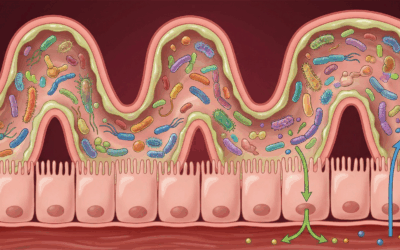
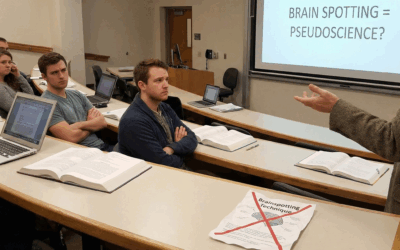
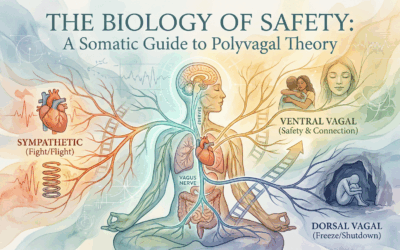

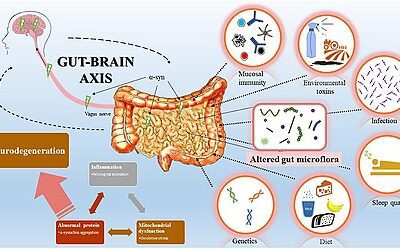






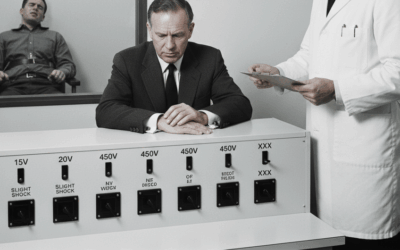
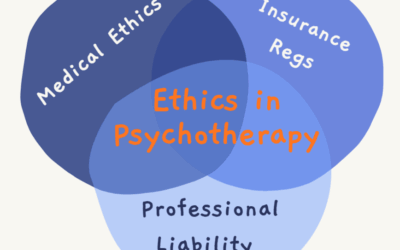
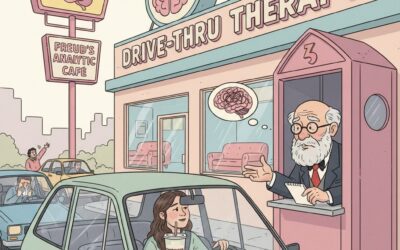











0 Comments